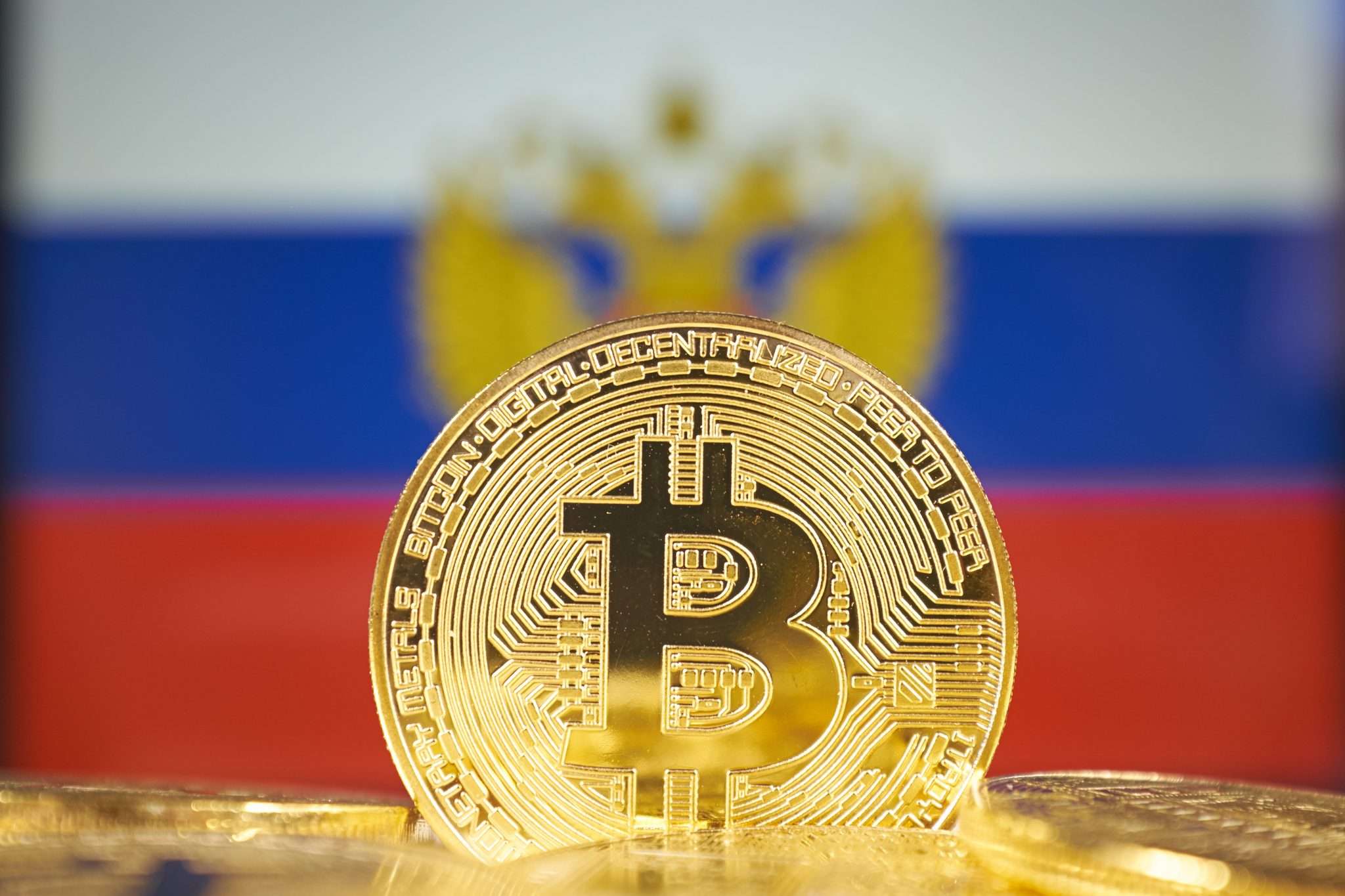ARTICLE AD BOX

- The Moscow Exchange has launched Bitcoin futures contracts, giving qualified Russian investors a way to get involved with Bitcoin.
- The launch of the futures follows growing interest from Russian financial institutions looking for safer exposure to Bitcoin.
On June 4, the Moscow Exchange stepped into the cryptomarket by launching Bitcoin ETF futures trading. As reported by TASS, this marks a shift in how Russia is approaching digital assets. Instead of leaving investors to navigate the wild terrain of crypto on their own, this gives individuals a safer, more regulated way to get in on Bitcoin’s price movements, without actually having to buy and hold the cryptocurrency themselves.
The futures contracts are based on BlackRock’s iShares Bitcoin Trust (IBIT), one of the leading U.S.-based Bitcoin spot ETFs. Notably, IBIT has recently climbed into the global top 25 ETFs by assets under management, reaching an impressive $72.4 billion. These contracts are priced in U.S. dollars but settled in Russian rubles, with the first set due to expire in September 2025.
However, this opportunity isn’t open to just anyone; only qualified investors can take part, in line with Russian regulatory guidelines. Starting June 23, those rules will be fully enforced once MOEX upgrades its systems with the Spectra 8.3 infrastructure. Until then, brokers are responsible for ensuring that only eligible clients are allowed to trade.
Russia’s Regulatory Shift
Until recently, investing directly in Bitcoin in Russia was risky and largely unregulated, leaving many investors without clear legal protections or guidance. But that’s starting to change. The launch of Bitcoin ETF futures on the Moscow Exchange reflects a shift in Russia’s approach to crypto, one that leans toward regulation rather than restriction.
By introducing officially sanctioned products like futures and structured bonds, the country is beginning to weave crypto into its traditional financial system. These regulated tools not only help legitimize crypto trading, but they also offer Russia alternative financial options at a time when sanctions limit access to global systems.
A CNF report recently pointed out that the Bank of Russia now allows financial institutions to offer crypto-related investment products, such as derivatives and digital financial assets, to accredited investors. Major banks are already responding: Sberbank and T-Bank (formerly Tinkoff Bank) have started rolling out financial instruments linked to Bitcoin.
Available over the counter to qualified investors, this bond offers a new way to gain exposure to crypto without holding it directly, and there are already plans to bring similar products to the Moscow Exchange. In fact, just two days before the futures launch, Sberbank debuted this product, giving select investors a way to speculate on Bitcoin’s performance against the U.S. dollar. While direct crypto ownership is still discouraged, it’s clear that Russia is becoming more open to regulated forms of digital asset investment.
In the U.S., JPMorgan Chase, the country’s largest bank by assets, is preparing to let customers use Bitcoin exchange-traded funds (ETFs) as collateral for loans, which marks a shift from its usual case-by-case lending approach. Right now, the token is trading at around $104,600, just 6% shy of its all-time high of $111,000, showing just how strong investor interest remains.
.png)
 1 day ago
1
1 day ago
1








 English (US)
English (US)